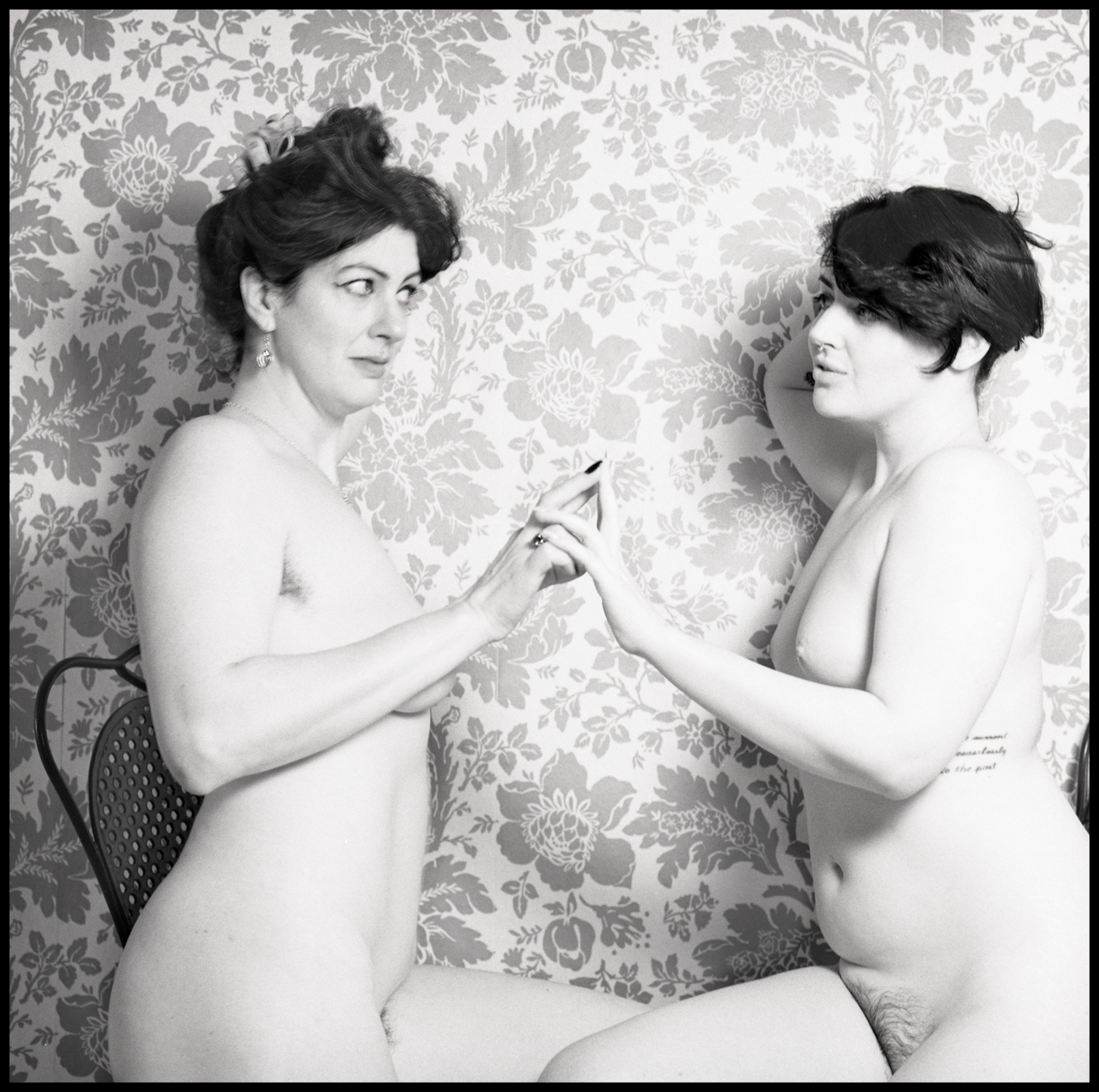Sex Work is a job
As sex workers we experience many of the same work related experiences that most folks with a job are familiar with: good days, bad days, boring days, and satisfaction with a job well done.
Since most sex workers are freelancers, we also know the perks and drawbacks associated with freelance work: flexible schedule, little job security, no employer-paid health insurance, slow months, busy months, unexpected high income, unexpected low income, possibilities to work while traveling.
Our work is more intense in certain senses than most office jobs, and for some of us this is why we choose it. Like therapists and nurses we do a lot of emotional labor, like surgeons we might work with other folk's bodies extremely closely, like professional drivers the hours might be long, or at night, or like journalists and doctors we might often be on call. Sometimes we feel totally full of love and life after work, sometimes we feel drained. Sometimes we deal with unpleasant feelings, or distasteful body issues. Many jobs (food service, receptionist, manicurist, hygiene worker, nurse, trash collector, house cleaner, personal aide....) share these aspects.
Depending on what branch of the sex industry we work in (strippers, porn performers, prostitutes, professional Dominants or submissives, peep show, phone sex, etc.) and the context of our workplace (independent, brothel/dungeon, street-based, occasional, sole source of income, etc.) we may work nights, work while kids are at school, work 7 days a week, work once a month, have 2 other jobs, support a sick family member, work around school, work around physical/mental health needs,
work pre-scheduled shifts, have a completely random schedule, be our own boss, work in a collective, run a small business, work for a manager. We may be highly skilled with decades of specialized experienced or not invested in career development or just learning.
Unfortunately, our work is often greatly affected by sexism, transphobia, xenophobia, and racism, just like most work and most industries unfortunately are.
However in sex work, we also face an extreme amount of stigma- fear, threat, and shaming from society at large. This can exponentialize the effects of the other deeply ingrained and completely common sources of oppression. The more we ourselves, (as humans, and also workers), are seen, valued, included and heard in society at large and especially in discussions about sex work- the safer we are, the more options we have, the more able we are to work for our own and others social equality.
In the last two years Germany has passed a law requiring sex workers to register with the government. In the last two months USA has passed FOSTA/SESTA which deals with online portrayal and advertising of sex work. Often laws that result in further stigma, surveillance, oppression, physical danger and pushing sex workers underground are made in the name of fighting trafficking. Often the result is endangering all sex workers and doing very little about victims of trafficking. Generally these laws start to infringe on sexual freedom (especially for women and transfolk) in general. Physical danger against sex workers is much higher when they are deemed illegal, immoral, suspect, disenfranchised and isolated. This is often the real result of laws like these.
Trafficking (forced prostitution) is an abomination, it is abuse, slavery, and kidnapping. This is not the same as sex work. We sex workers are disgusted by trafficking, and would be thrilled to have the voice, the ability, the legal rights and social platform to help end it. We would love to feel safe in the ability to report suspected trafficking without our speaking up endangering our jobs.
In New Zealand and parts of Australia sex work has been decriminalized. Society continues to function, families are not ripped apart, and sex workers, aka. women/men and trans people who work with sexuality, are safer, healthier and more free to take care of themselves and each other.
Some of us love our work, we feel called to do it and have a great relationship with our job. Usually those of us have a clean safe place to work, and have a strong set of professional boundaries that aren't under pressure by poverty or legal status.
Some of us feel bored, or stuck- this isn't our dream job, we don't make as much money as we'd like, but it pays the rent, and it's ok for now.
Some of us need the work, regardless of how we feel about it, because of migration status, legal status, educational level, language abilities, personal illness or illness in the family, little other work opportunities for people of our gender/race/age etc., or systemic legacy poverty.
Some of us dread going to work. Just like some of you.
But we deserve to work safely, we deserve to make choices over our bodies ourselves, and we deserve our lives - just like you.
Sadie Lune
© Louis Fernandez
© Louis Fernandez
© Louis Fernandez
© Louis Fernandez
© Louis Fernandez
© Louis Fernandez






